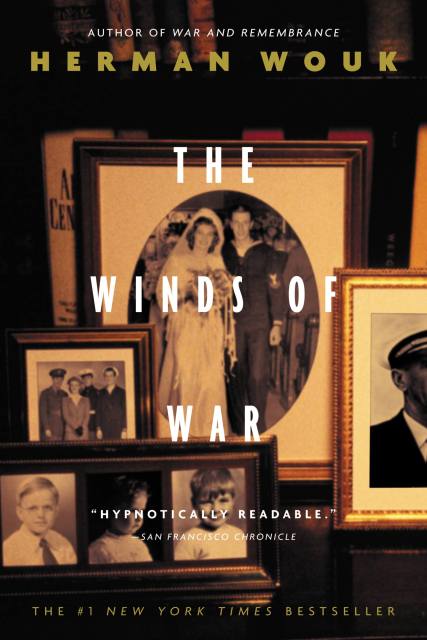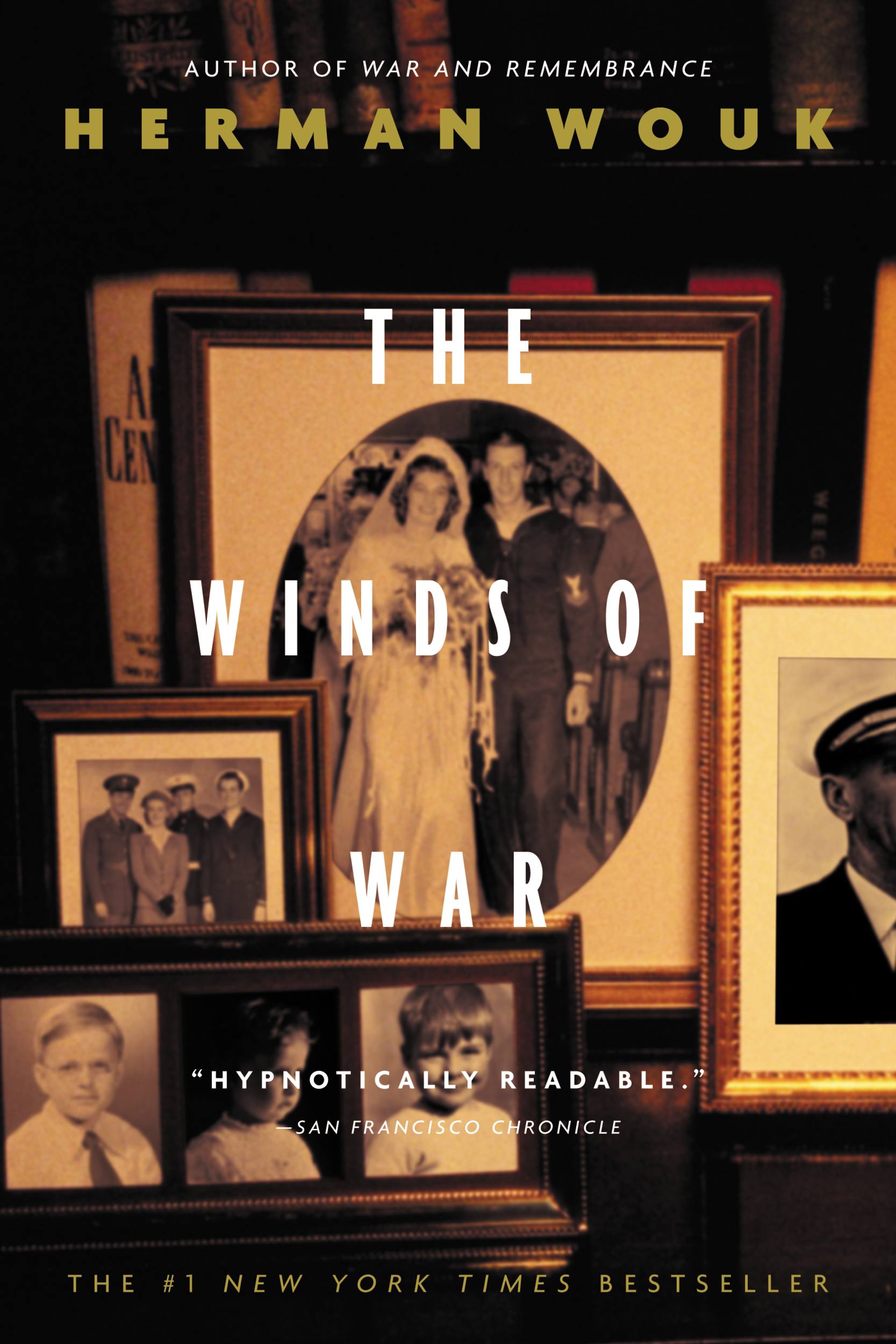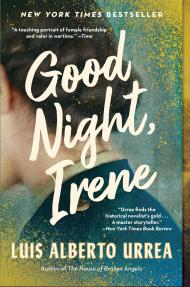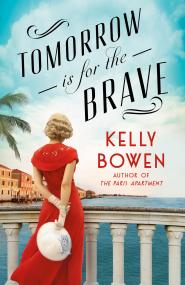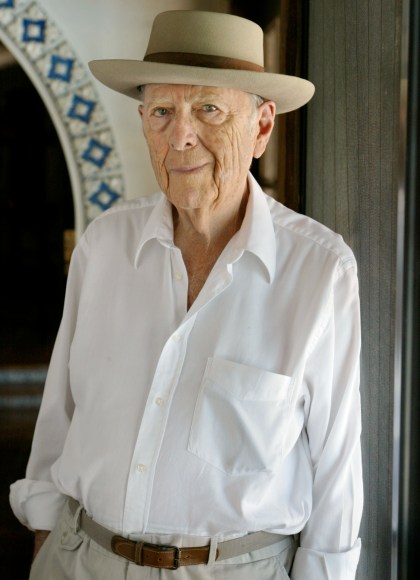The Winds of War
Contributors
By Herman Wouk
Formats and Prices
Price
$12.99Price
$16.99 CADFormat
Format:
- ebook $12.99 $16.99 CAD
- Trade Paperback $21.99 $27.99 CAD
This item is a preorder. Your payment method will be charged immediately, and the product is expected to ship on or around November 15, 2008. This date is subject to change due to shipping delays beyond our control.
Also available from:
Like no other masterpiece of historical fiction, Herman Wouk’s sweeping epic of World War II is the great novel of America’s Greatest Generation.
Wouk’s spellbinding narrative captures the tide of global events, as well as all the drama, romance, heroism, and tragedy of World War II, as it immerses us in the lives of a single American family drawn into the very center of the war’s maelstrom.
The Winds of War and its sequel War and Remembrance stand as the crowning achievement of one of America’s most celebrated storytellers.
Wouk’s spellbinding narrative captures the tide of global events, as well as all the drama, romance, heroism, and tragedy of World War II, as it immerses us in the lives of a single American family drawn into the very center of the war’s maelstrom.
The Winds of War and its sequel War and Remembrance stand as the crowning achievement of one of America’s most celebrated storytellers.
Genre:
-
"Compelling...A panoramic, engrossing story."Atlantic Monthly
-
"First-rate storytelling."New York Times
-
"Wouk is a matchless storyteller with a gift for characterization, an ear for convincing dialogue, and a masterful grasp of what was at stake in World War II."San Francisco Chronicle
- On Sale
- Nov 15, 2008
- Page Count
- 885 pages
- Publisher
- Back Bay Books
- ISBN-13
- 9780316050098
Newsletter Signup
By clicking ‘Sign Up,’ I acknowledge that I have read and agree to Hachette Book Group’s Privacy Policy and Terms of Use
